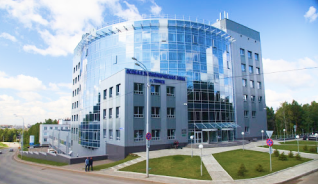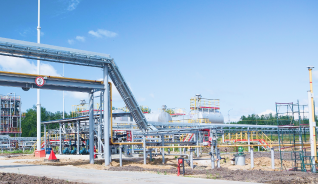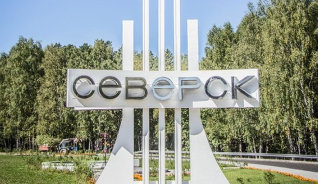Tomsk Oblast developing first in Russia cluster of renewable resources
- Home
- Information Center
- Investment News
- Year 2015
- October
Deputy governor of Tomsk Oblast for agricultural policy and natural resources Andrey Knorr presented a comprehensive approach to utilization of natural resources in Tomsk Oblast at an expert session Agricultural Clusters: New Growth Opportunities in Moscow.
The Tomsk Oblast cluster of renewable resources is made up of four industries: fishing, forest fruit, timber, and hunting and brings together 38 entities, including small and medium-size business, universities and research institutes. Russian Ministries of Economic Development, Natural Resources, and Agriculture, and Russian Forestry and Fishing Agencies support the initiative.
Andrey Knorr emphasized that through commercialization of natural raw materials the cluster model promotes import substitution, increases export potential, facilitates innovative development of food enterprises, and creates new jobs. Cooperation of different entities within the cluster has already proved very efficient. For example, forest survey work is scoped to include an estimation of forest resources such as mushrooms, berries, nuts, and a forecast of yield. At the same time is created a regional geo information database on renewable resources which will be available to business. Harvesting plans are built taking into account natural habitats of hunting animal species. Local forestry agencies in cooperation with SibEX (a local producer of pine extract-based products) are working on a project to install mobile pine needle processing plants on cutting sites, which will double added value per harvested tree.
Andrey Knorr said in the session that the regional government had set up a framework to support the cluster.
“The regional government compensates for the cost of research, product certification and branding, equipment and fodder. It provides direct budget subsidies offsetting from 50% to 80% of cost to implement an investment project. Per 1 ruble of government support 15 rubles are invested by private investors.”
In his presentation, Andrey Knorr also described challenges faced by the cluster participants. For example, forest fruit processing companies are not officially recognized as agricultural producers, which makes them ineligible for federal support programs.
“At the same time, the region has a vast potential of renewable natural resources – the current turnover of its biological reserves is just 16%-25%. Tomsk Oblast was the first to come up with an idea to include its renewable resources into the overall economic development of the region. I think, that was the reason why participants at the session wanted to have a detailed discussion about it,” said Andrey Knorr summarizing the results of the session.








